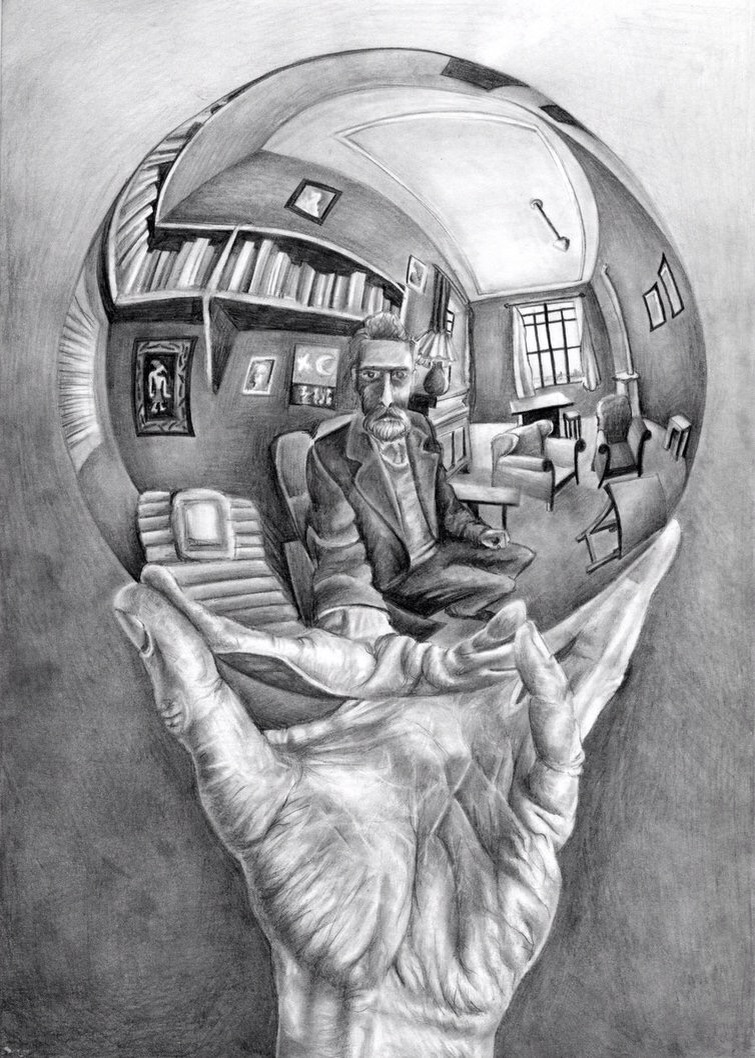


0%


Howell R.
First pub. in: Poetics, 1979, Vol. 8, pp. 129–177.
At Kenyon College, when I was an undergraduate (from 1957 to 1961), my friends and I argued hard about philosophical texts and issues, and we each spent many hours trying to think through the proper interpretation of these texts. A great deal of the stimulus for our discussions came from the seminars and other classes that Virgil Aldrich was running, as well as from his own present and past ideas on beauty as feeling, pictorial meaning and picture thinking, categorial ways of perceiving, and aesthetic experience. In presenting these ideas — and in his development of their descendants today — Aldrich has often appeared to me almost as a Socratic figure, compelling one’s attention with, as it is said in the Symposium, ‘nothing but a few simple words’. Like Socrates, he has refused to allow sophisticated theories to overrun basic truths, and yet he has not hesitated to suggest views of resonance and breadth.
Aldrich’s ideas and example have meant a great deal to me. In the essay below, I consider a topic – namely, the metaphysical issues that arise about fictional objects – that I do not recall Aldrich discussing in detail anywhere. And the logical and possible-worlds methods that I bring to bear on this topic are far from the sorts of methods that he himself has employed. Nor may my specific conclusions about this topic agree with his own. Nevertheless there is a deep consonance between my basic standpoint here (and earlier) and some of Aldrich’s fundamental ideas. This consonance arises from the role that I assign to imagination – and that I have earlier assigned to the perception of one thing as another – in our understanding of works of art. I hope that readers will perceive this consonance and the special interest that Aldrich’s work has had – and continues to have – for me.

